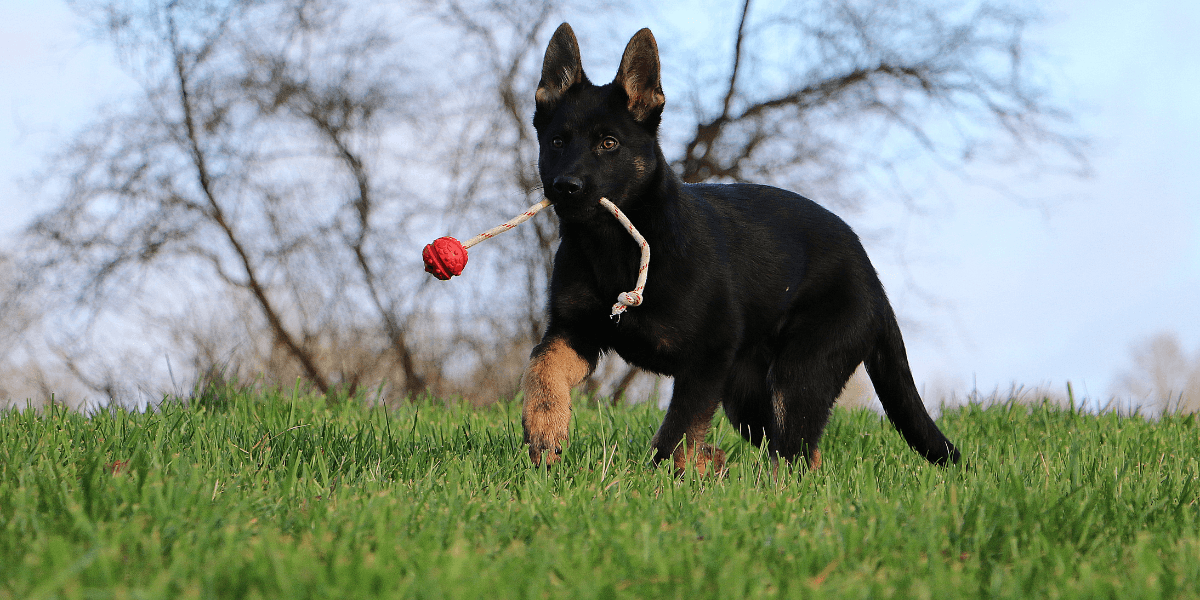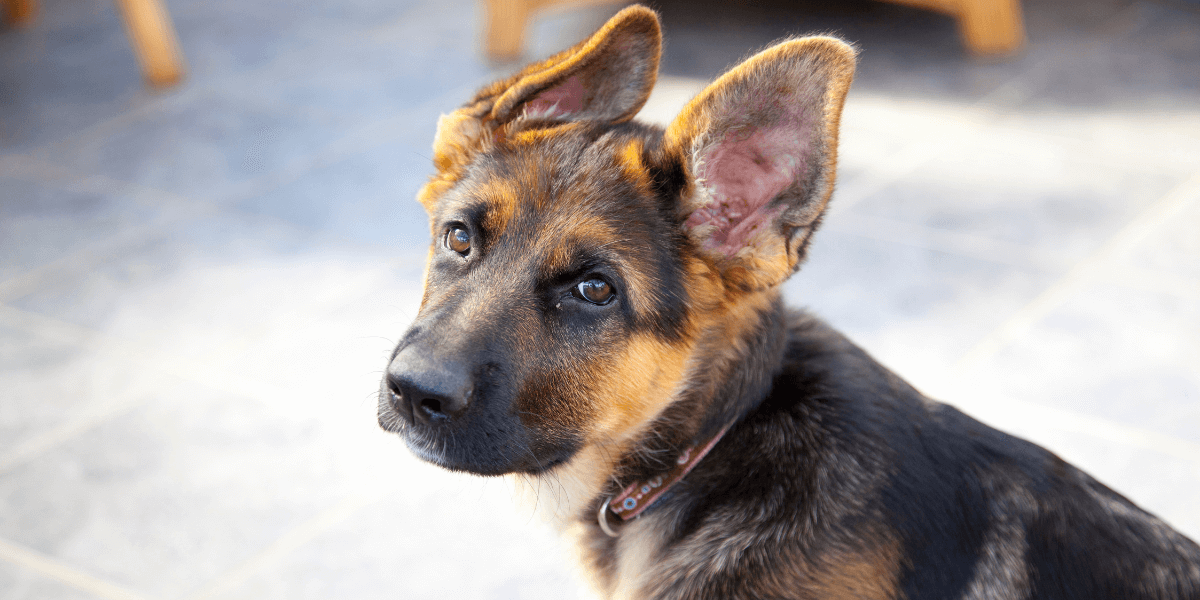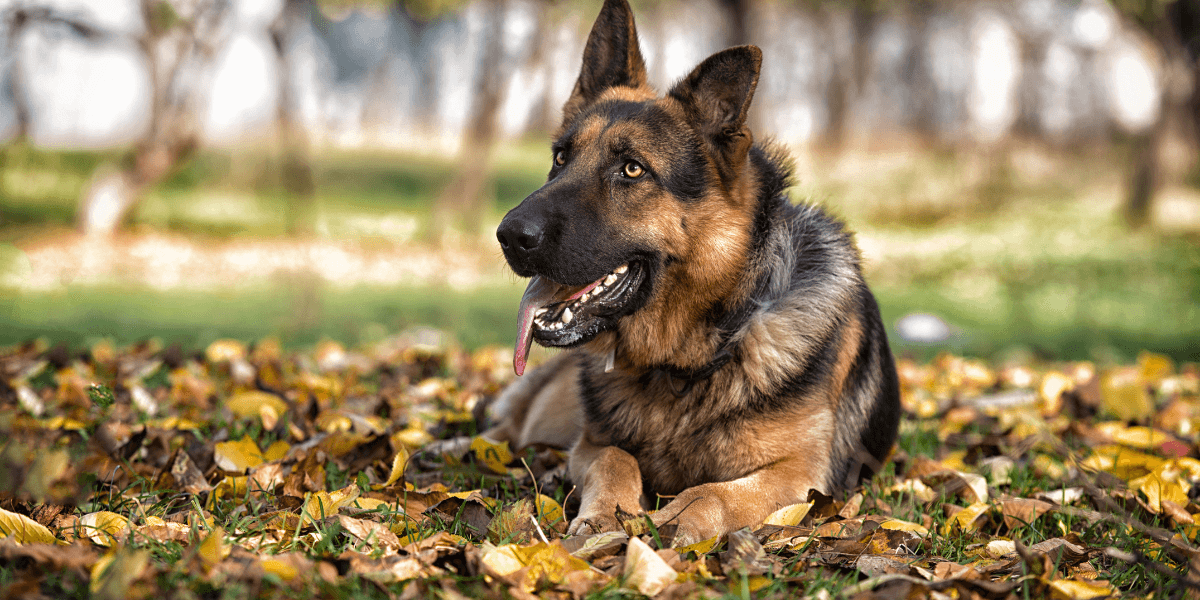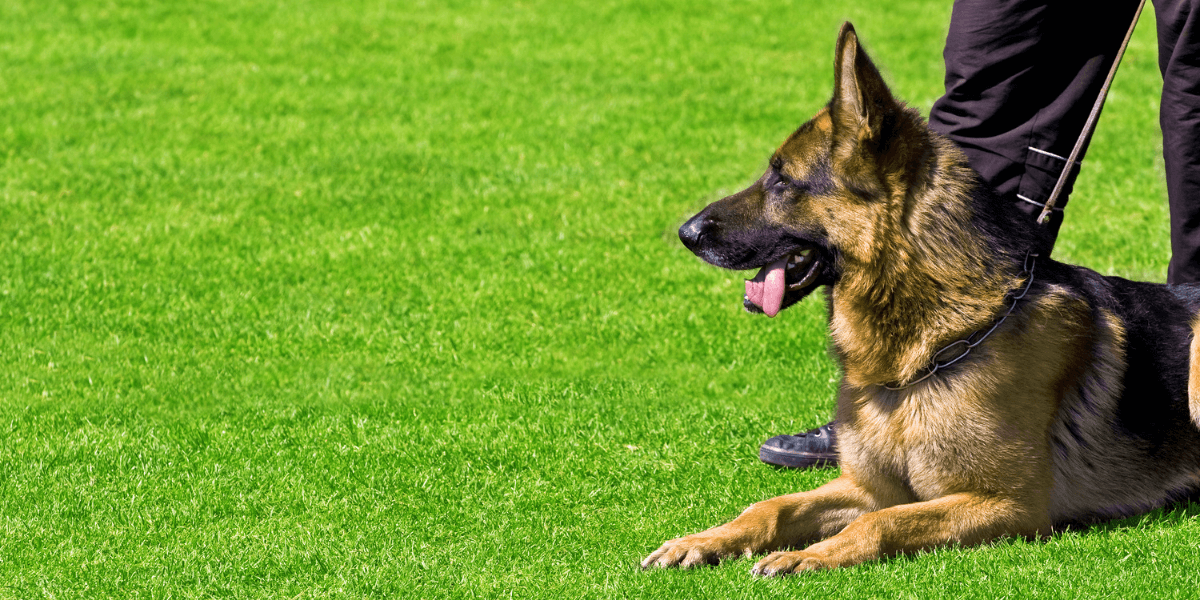Introduction
Caring for a German Shepherd puppy involves understanding their intelligence and loyalty
- Welcoming a German Shepherd puppy into your home is an exciting experience
- These intelligent, loyal, and energetic dogs are known for their versatility
- Making them excellent family pets, working dogs, and companions
- Are you wondering how often to bathe your new furry friend?
- Unsure about the best way to manage their shedding?
- In this guide, we’ll answer these questions and more
1. Establish a Grooming Routine Early

Creating a grooming routine from the start is crucial for your German Shepherd dog puppy.
- Brush Regularly: Brush 2-3 times a week to manage year-round and seasonal shedding
- Ear Cleaning: Check and clean ears weekly to prevent infections and buildup
- Teeth Brushing: Brush teeth 2-3 times a week to prevent dental issues and bad breath
- Bathing: Bathe every 6-8 weeks with dog-specific shampoo to avoid dry skin
- Nail Trimming: Trim nails every 3-4 weeks to prevent discomfort and gait issues
2. Proper Nutrition is Key

A well-balanced diet is essential for the growth and development of dog.
- High-Quality Puppy Food: Choose food for large breeds with real meat as the first ingredient
- Avoid Table Scraps: Prevent obesity and digestive issues by not feeding human food
- Balanced Diet: Ensure the food includes essential vitamins and minerals for overall health
- Monitor Weight: Regularly check weight to adjust food portions and ensure healthy growth
- Fresh Water: Always provide fresh water to keep your puppy hydrated and healthy
- Feeding Schedule: Feed 3-4 times a day, following package portions and vet advice
3. Socialization is Crucial

Socialization is a vital part of raising a well-behaved and confident German Shepherd dog.
- Puppy Classes: Enroll in classes for controlled socialization and basic command learning
- Meet Other Dogs: Arrange playdates with vaccinated dogs to develop positive interactions
- Exposure to People: Safely expose your puppy to various people to build confidence
- Positive Reinforcement: Reward your puppy during new experiences to reinforce good behavior
- New Experiences: Introduce new environments and sounds gradually to reduce future fears
4. Consistent Training from Day One

German Shepherds are intelligent and eager to please, making them highly trainable.
- Basic Commands: Teach sit, stay, come, and down with treats and praise for good behavior
- Daily Practice: Short, daily training sessions improve retention and build a routine
- Set Boundaries: Establish clear rules and consistently enforce them to aid understanding
- Crate Training: Use a crate for housebreaking and a safe space, making it positive with treats and toys
- Avoid Punishment: Avoid harsh punishments; redirect unwanted behavior and reward positive actions
Check out the Ultimate Guide to German Shepherd Dog Training for consistent early training.
5. Regular Exercise and Mental Stimulation

German Shepherds thrive with regular exercise and engaging mental stimulation to stay healthy and content.
- Daily Walks: Start with short walks, gradually increasing distance as your puppy grows
- Playtime: Use toys for interactive play to provide exercise and mental stimulation
- Puzzle Toys: Use toys that challenge your puppy to solve problems and stay engaged
- Social Play: Arrange playdates with other dogs to enhance social skills and physical activity
- Training Sessions: Include short training sessions daily to teach new commands and tricks
Discover fun ways to keep your dog active and mentally stimulated by reading this guide.
6. Regular Vet Check-Ups

Routine veterinary care is essential for your German Shepherd puppy’s health.
- Vaccinations: Follow your vet’s schedule to protect your puppy from common diseases
- Dental Care: Schedule regular dental check-ups to maintain oral health and prevent issues
- Spaying/Neutering: Discuss the right time for spaying or neutering with your vet
- Wellness Exams: Ensure routine exams for early detection of any potential health problems
- Parasite Prevention: Use flea, tick, and heartworm preventatives as recommended by your vet
- Health Monitoring: Watch your puppy’s weight, appetite, and behavior for signs of health issues
7. Understanding and Managing Shedding

Shedding is a natural process for German Shepherds, helping maintain a healthy coat.
- Deshedding Tools: Use quality tools like a slicker brush and undercoat rake for shedding
- Regular Brushing: Brush regularly to reduce loose hair and keep your home clean
- Bathing Frequency: Bathe as needed to reduce loose hair and maintain a clean coat
- Hydration: Ensure your dog drinks plenty of water to keep skin and coat healthy
- Regular Vacuuming: Use a vacuum with a pet hair attachment to keep your home hair-free
- Healthy Diet: Feed a diet rich in omega-3 and omega-6 for a healthy coat and less shedding
Check out our German Shepherd Dog Grooming 101 for expert tips on managing shedding.
FAQs
1. What should I feed my German Shepherd puppy?
- Provide high-quality puppy food as part of caring for a German Shepherd puppy
2. How often should I exercise my German Shepherd puppy?
- Aim for 20-30 minutes of exercise daily to build strength
3. When should I start training my German Shepherd puppy?
- Begin training your German Shepherd puppy at 8 weeks with basic commands, learn more here.
4. How can I prevent my German Shepherd puppy from chewing?
- Offer chew toys and redirect attention from inappropriate items
5. What vaccinations does my German Shepherd puppy need?
- Follow your vet’s vaccination schedule for core vaccines
6. How can I socialize my German Shepherd puppy?
- Expose them to various people, pets, and environments early on
7. How do I handle housebreaking my German Shepherd puppy?
- Establish a routine and reward for bathroom breaks to encourage good habits
Conclusion
-
Consistent care ensures a healthy and well-adjusted German Shepherd puppy
-
Early training and socialization are crucial for a well-behaved adult dog
-
Proper nutrition supports your German Shepherd puppy's growth; explore the healthiest diet guide.
-
Regular exercise keeps your puppy strong and happy
-
Routine veterinary care helps prevent health issues and ensures a long life
-
Embrace the journey of caring for a German Shepherd puppy and enjoy every moment
Join our community by subscribing to our newsletter for more tips and advice
References
For more detailed information, check out these resources:
- Dog's Hip Pain: Signs, Causes, Relief Tips
- How To Take Caring For a German Shepherd Puppy
- German Shepherd Dog Club of America
- German Shepherd Puppy Guide
- The Best Joint Supplements for Dogs with Hip and Joint Pain
Use these tips to care for a German Shepherd puppy and ensure the best results!




